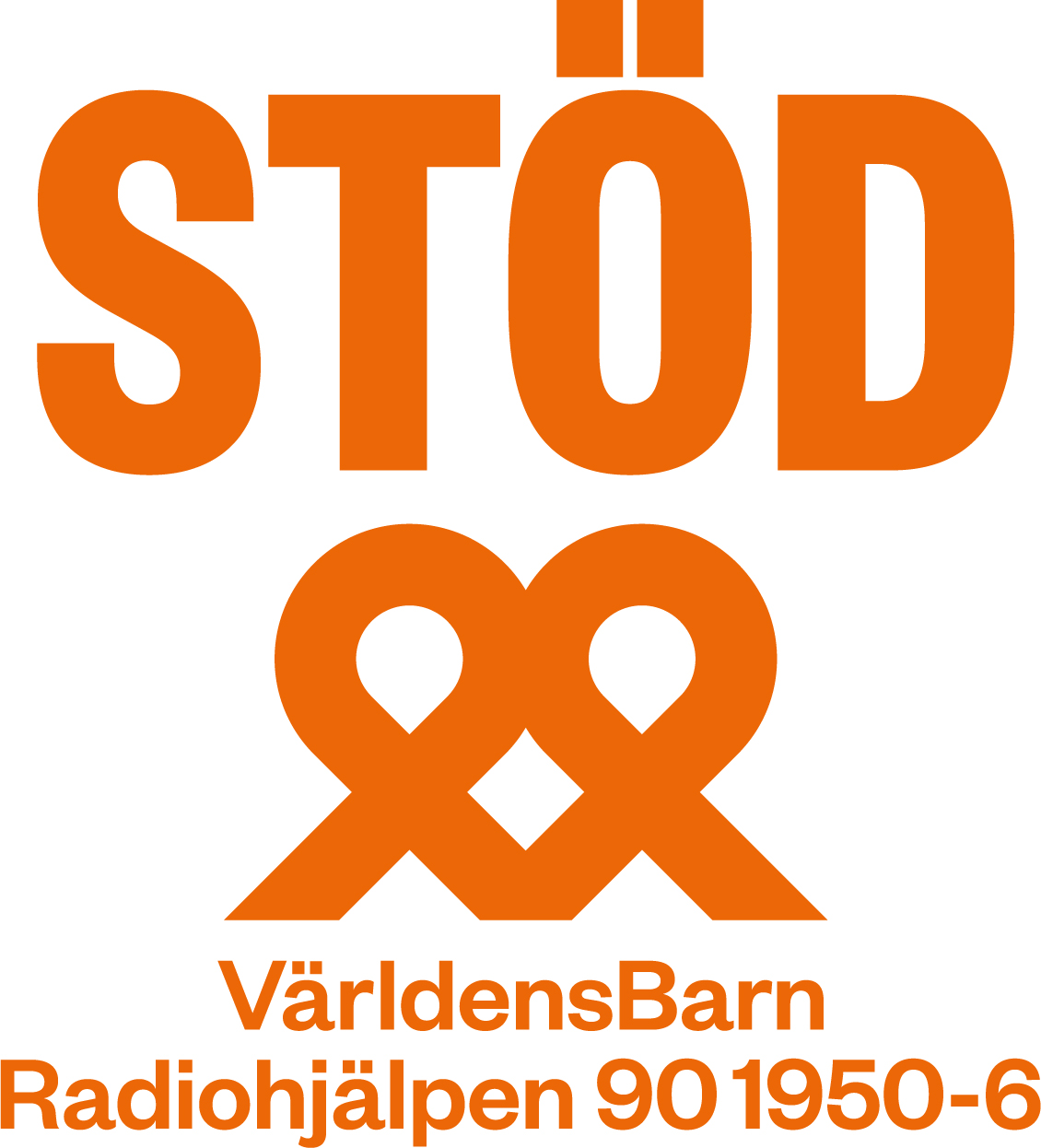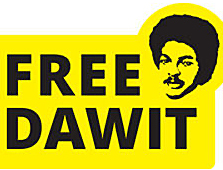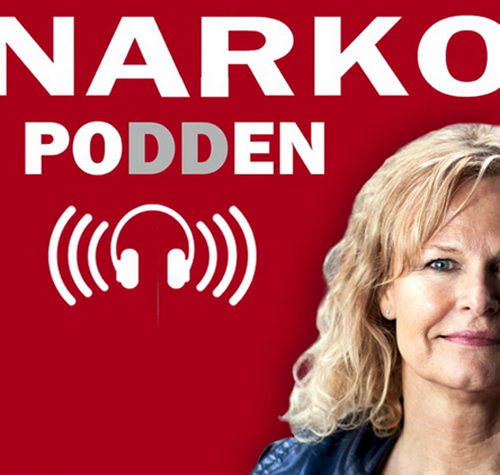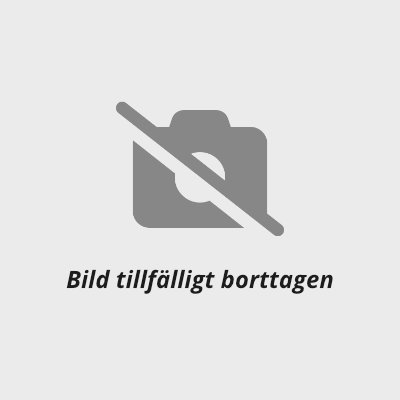”Although advances have been made in prevention and treatment, drug abuse is still a death machine”, said Ms Ann-Sofie Hermansson, Chair of the Gothenburg City executive board at inauguration of The World Forum Aganist Drugs.
Welcome to Gothenburg!
It is an honour – and indeed a pleasure – to have you all here. I do hope that you will have an inspiring, useful and productive stay. Deeming from the highly interesting conference programme, I feel confident that things will turn out well.
Let me begin with what I believe is a key observation. There is too little talk about the down-side of drugs. In scanning the media landscape, drugs stands out as a hot topic. For sure. But in that context, the negative aspects are far too often neglected. There is not much reality-check on what in fact goes on under the surface.
The down-side is brutal. There is the misery of drug abuse. This is, as it has always been, a very serious social problem. It breaks up relations. It ruins people’s lives. Although advances have been made in prevention and treatment, drug abuse is still a death machine.
There is also the poisonous link between drugs and organized crime. Many criminal gangs – I would even say most of them – primarily feed on the drugs trade.
This is bad for any economy – for any society. In the violence that is regularly made part of the business, a large number of young lives is wasted every year.
Nevertheless, despite such a striking down-side, there is a pattern where the surrounding community does not seem to care. When you put the question directly to them, a vast majority of citizens still take a very strict stand on drugs. They are well aware of what is good and what is bad. But in the public debate, the agenda is quite clearly influenced by the legalization lobby. The majority, although in disagreement, prefers to remain pretty quiet.
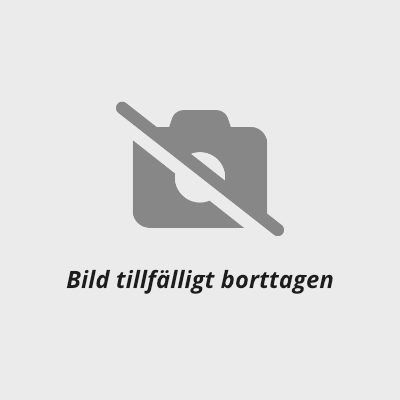
I have no panacea for how to approach and solve this problem. And I know that you all know these things much better than I do. It is a bit like a not-so-competent priest preaching for a very competent choir. But I still wanted to get the message through. I am convinced that we need to work harder to get a stronger reality-check and a better balance into the public debate.
In particular, we have to get a lot more active in targeting the younger generation. These are issues where it is quite easy to get lost. We need to make sure that we give them the full story. Yes, there could maybe be some kind of short-term upside. But that shaky upside is directly linked to an extremely cruel down-side. If you prefer to destroy yours and other people’s lives, this is the risk that you should take.
Being strict and judging might not lead to the right reactions and results. But being strictly informative, in communicating also the negative part of the story, seems to be a necessity given the media climate that we now live in.
In coming to Gothenburg, you will experience a city in positive flux. In addition to investing heavily in strengthening the infrastructure and modernizing the cityscape, we are renewing the character of the city. A classical industrial city is step by step being turned into a leading high-tech city. Gothenburg will remain industrial, but will be so in a more multifaceted and knowledge intensive way.
A crucial aspect of this transformation is the promotion of social sustainability. Increased equality is at the very top of our agenda. The broad-based program “Equal Gothenburg” is being developed and implemented in an ambitious and promising way.
This program is not only about decency: seeking to guarantee that even the least well-off citizen can have a reasonably good life. It is also about prosperity. When making society more equal, you get an extra serving of positive things like stronger growth, enhanced trust and better public health.
To promote social sustainability is seldom an easy thing to do. There seem to be no quick fixes or easy ways out. You must be in it for the long term. This is very much the philosophy of “Equal Gothenburg”. Whatever is being done – in terms of establishing family centers, preventing school drop outs, facilitating labour market inclusion or supporting civil society in disadvantaged neighborhoods – we strive to make activities both permanent and predictable. It is only in the long run that we can make a real difference.
In line with this overall strategic orientation, equality is an important theme in our action plan against drug misuse and dependency. Our analyses indicate that inequality unfortunately comes into play in this field as well. That is not acceptable.
Whoever you are and wherever you live in the city, you should get the support needed to improve your situation. To be able to break and get out of an addiction must never be a matter of being rich or poor.
In practice, equality can probably only be achieved by means of a clear philosophy of acting at early stages and a strong structure of outpatient care. Activity levels and accessibility need to be high.
There is also, of course, that element of consistently reaching out for individuals that might not necessarily be reaching out for you. It happens that individuals in most need of support are also the ones who are most eager in avoiding it. Although such circumstances can be difficult to deal with, the best possible efforts should always be made.
To be frank, in this Gothenburg perspective, there are some rather substantial problems that remain to be solved. We are in some respects struggling to make trends point in the right direction. But with a solid plan being implemented by a group of very competent professionals, I feel certain that we are moving in the right direction
This brings me back to where I started. Welcome to Gothenburg! And let’s get to work. There are good reasons to expect that this will one of those conferences where true progress is being made.
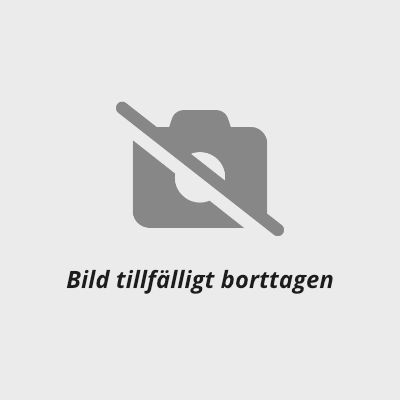 Speech by
Speech by
ANN-SOFIE HERMANSSON
chair of the City Executive Board, Gothenburg

